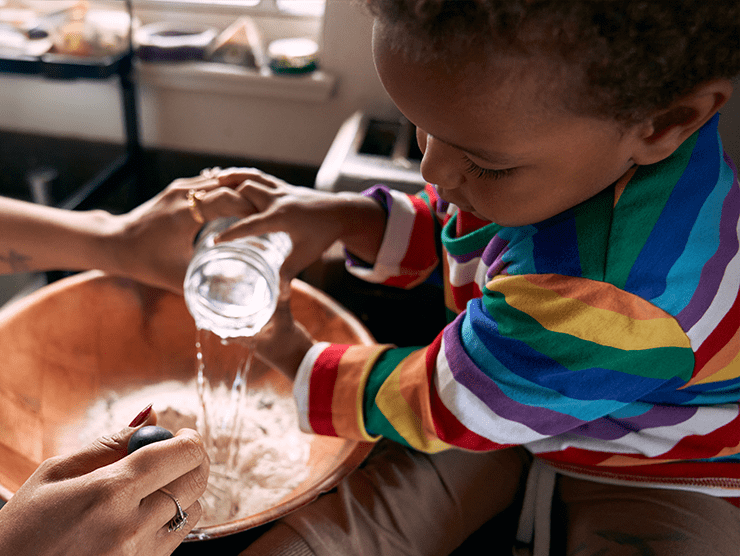According to the Technology in Early Childhood Center, digital citizenship is a term for the skills children need to choose high-quality, developmentally-appropriate technology—and use it safely. We know young children use technology more than any previous generation. As parents, we must mentor our children and help them understand how to function safely and respectfully in the virtual world. Digital citizenship is the overarching term that addresses this skillset.
Mike Ribble, author of “Digital Citizenship in Schools,” defines digital citizenship as the norms of appropriate, responsible technology use. Think of the dispositions of good citizenship, such as being truthful, kind and thoughtful of others, as well as staying safe. These are also the foundation to digital citizenship.
According to Common Sense Media, digital citizenship addresses the following concepts:
- Thinking, acting, and being online
- Thinking critically
- Acting responsibly
- Being safe
- Discerning the truth
Digital citizenship is something that needs to be actively taught and modeled. The good news is that children do not need to spend increased time with technology to learn these critical skills. Nor do they need a special app or program. The beginnings of digital citizenship start with being a role model and having discussions.
Here are some suggestions to begin teaching digital citizenship and internet safety.
Help your child understand the concept of consent. Consent is especially important as it relates to photo sharing. Long before our children consider posting their own photos or videos, they look to us for guidance. When you post that very first picture of your child, you initiate a digital footprint. It is important to consider this before posting images. Every person has a right to determine what they want included as part of their own digital footprint. Children quickly clue into when their picture is being taken and understand that this image can be easily shared by others. As children start to comprehend this concept, always ask your child for permission before posting or sharing her picture online. By doing this, you are modeling and planting the seed that your child is to ask permission and respect the wishes of friends prior to sharing images of them.
Be intentional and transparent about your own media usage. Being aware of your own approach to media is a critical step to guiding your child. As a family, create a media plan to set guidance on time limits, create shared expectations, and ensure that technology usage is in line with your family’s values. In preparation for this, together as a family, chart your media usage. Create a graph with the data and decide if this usage is in line with your values or if you would like to make adjustments to it. Challenge yourselves to make a few changes to this to meet your goals.
Have active discussion your child when navigating the internet together. When viewing images online or researching together, ask your child critical questions like: “How do you know this is real or factual? Could the image have been altered? Why might someone post or write something that is not true?” These open-ended questions offer opportunity to discuss digital citizenship.
Foster kindness. Help children to understand that kindness matters in every interaction they have—whether in person or virtual. Have your child consider this important question before sharing anything online: “Would you say this to a person if they were standing next to you?”
During your child’s early years, digital technology is a shared experience. There is not an app out there that can replace the supervision or guidance of a human relationship. As a parent you can explain, “My job as your parent is to teach you how to stay safe. This includes when you use my tablet, watch television, or look things up on the internet. As you grow I will continue to help you to understand and implement good digital citizenship.”
Common Sense Education offers digital citizenship resources. These digital citizenship lessons were designed and developed by Common Sense Education in partnership with Project Zero at the Harvard Graduate School of Education.





